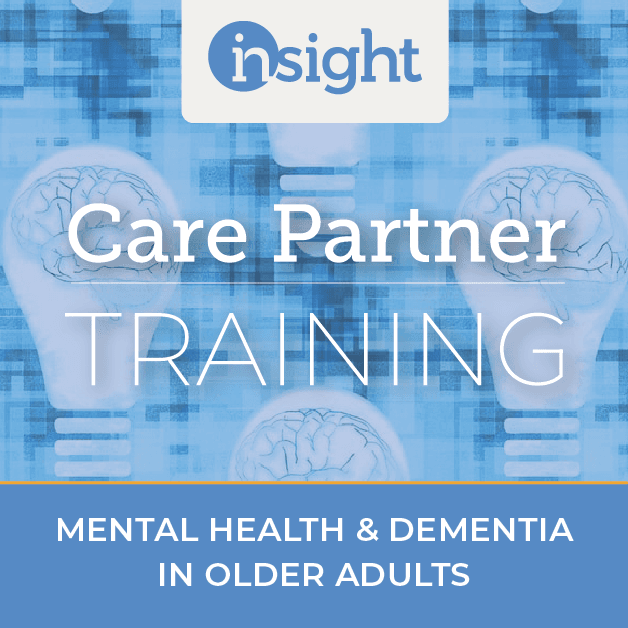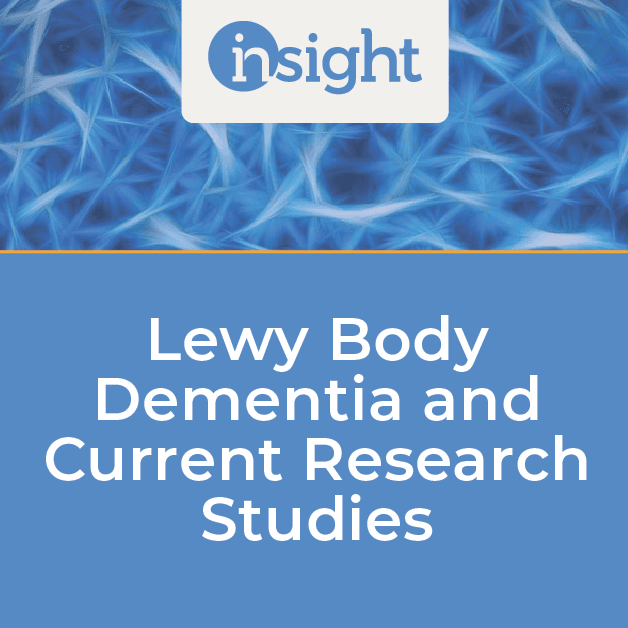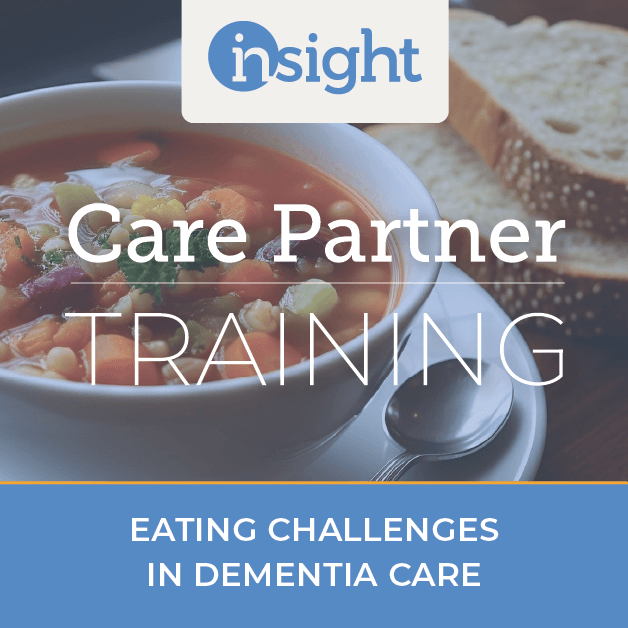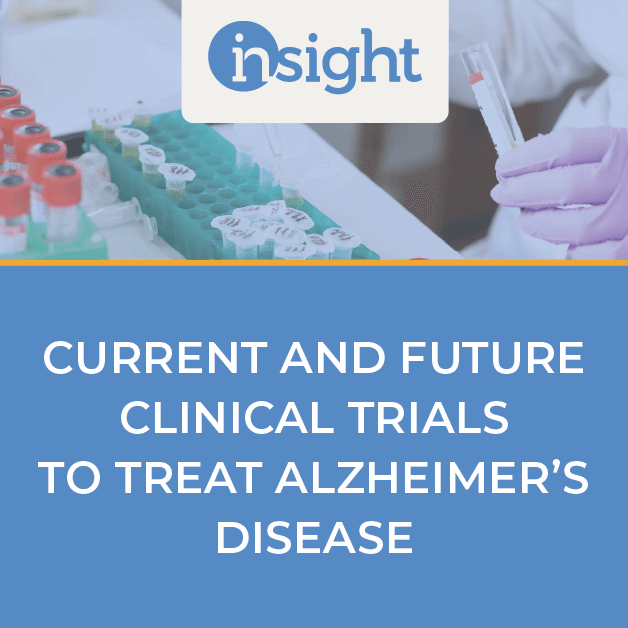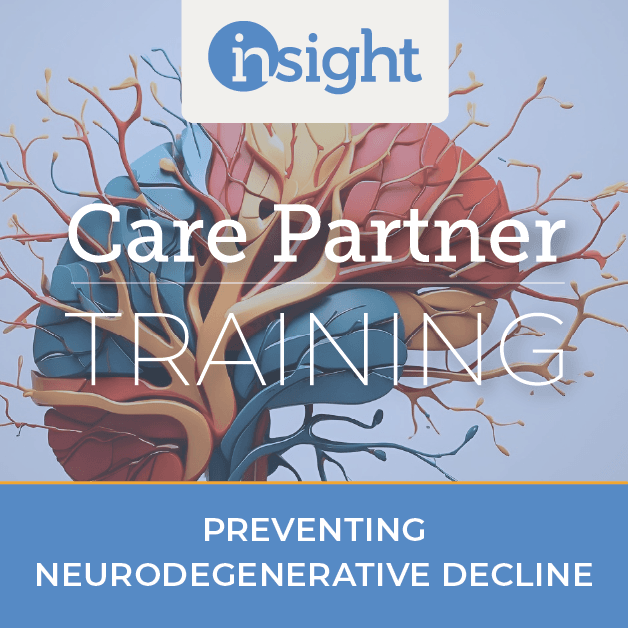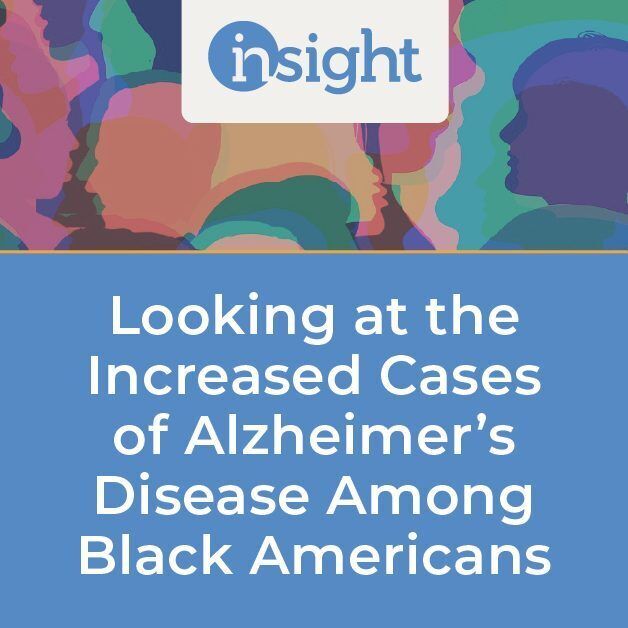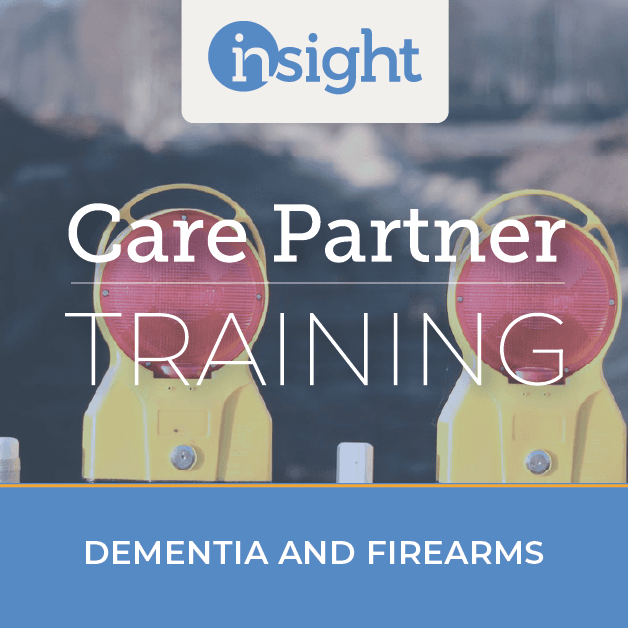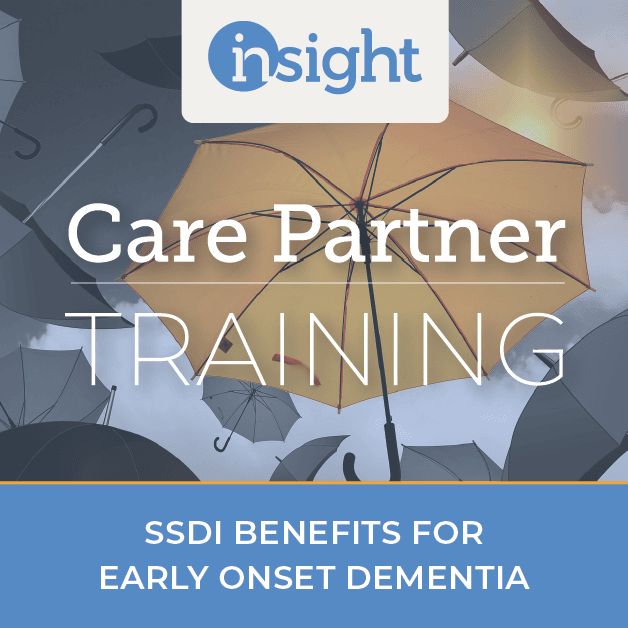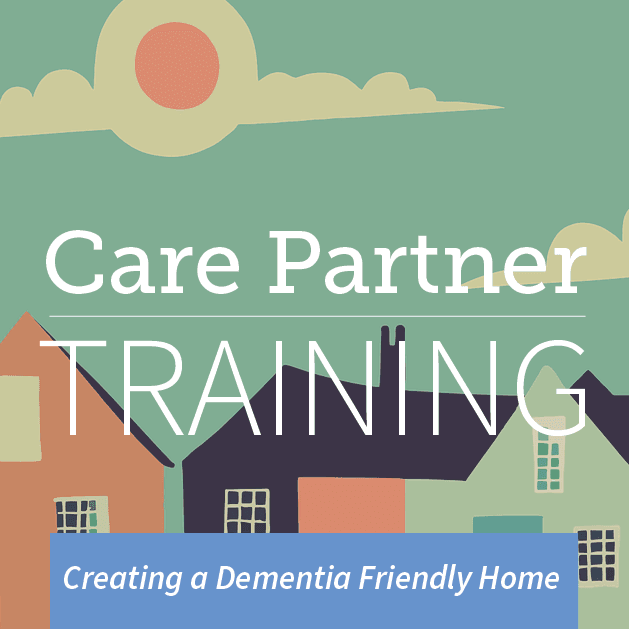Alzheimer's and Dementia Webinars
Insight offers many classes and webinars specifically geared for families caring for a loved one with Alzheimer's or dementia at home. Browse all of our trainings and webinars below!
Watch Now!
Recent Webinars
Learn how depression, anxiety, and stress can impact the onset and progression of dementia in older adults. This training explores the overlap between mental health conditions and dementia symptoms, the importance of accurate diagnosis, and practical strategies for early intervention and holistic dementia care. Ideal for caregivers, professionals, and anyone supporting older adults.
We are joined by the Lewy Body Dementia Association to discuss scientific breakthroughs that are speeding progress in LBD trials, and learn where to find out more if you or someone you know may be interested in volunteering for ongoing or future research studies.
We will explore the various factors that affect eating in individuals with dementia, including cognitive, sensory, and swallowing changes. This session aims to equip caregivers with practical tools to support those experiencing eating challenges due to dementia.
In this discussion we explore the current landscape and future directions in Alzheimer’s disease research. We discuss recent breakthroughs in disease-modifying therapies, including anti-amyloid monoclonal antibodies, and examine advancements in treatments aimed at improving cognition and behavior. We also look at emerging areas and we cover challenges related to trial recruitment and diversity, and highlight the potential of innovative technologies to transform Alzheimer’s research and patient care.
Learn proactive measures to delay neurodegenerative decline, understand the stages of dementia, and explore practical tips for enhancing quality of life both before and after diagnosis.
Research indicates that Black Americans are significantly more likely to develop Alzheimer's disease compared to other racial groups in the United States, with studies showing they are roughly 1.5 to 2 times more likely to be diagnosed with the disease than white Americans. Let’s learn why together.
Dementia-related illnesses can impair a person’s senses and abilities to perform complex tasks—such as operating a firearm—safely, putting both their own safety and the safety of others at risk. However, the loss of independence in activities they've done for many years can be a challenging and emotional experience. This presentation will guide caregivers on how to handle these sensitive situations with respect, ensuring the safety of both themselves and their loved ones.
This Care Partner Training will provide an in-depth understanding of Social Security Disability Insurance (SSDI) for individuals diagnosed with early onset dementia. Learn more and gain valuable insights into navigating the complexities of SSDI claims, ensuring you can effectively advocate for your rights and secure the financial support you or your loved one needs.
For a person living with dementia, living at home can give you a sense of independence. By making some changes to your home, you are able to continue with the routines or activities you enjoy. Each of these changes can help you stay safe, active, and allow you to continue to enjoy your home.
Looking for more information?
Contact Us!
Contact our Education Team at educate@insightmcc.org or 703-204-4664.




